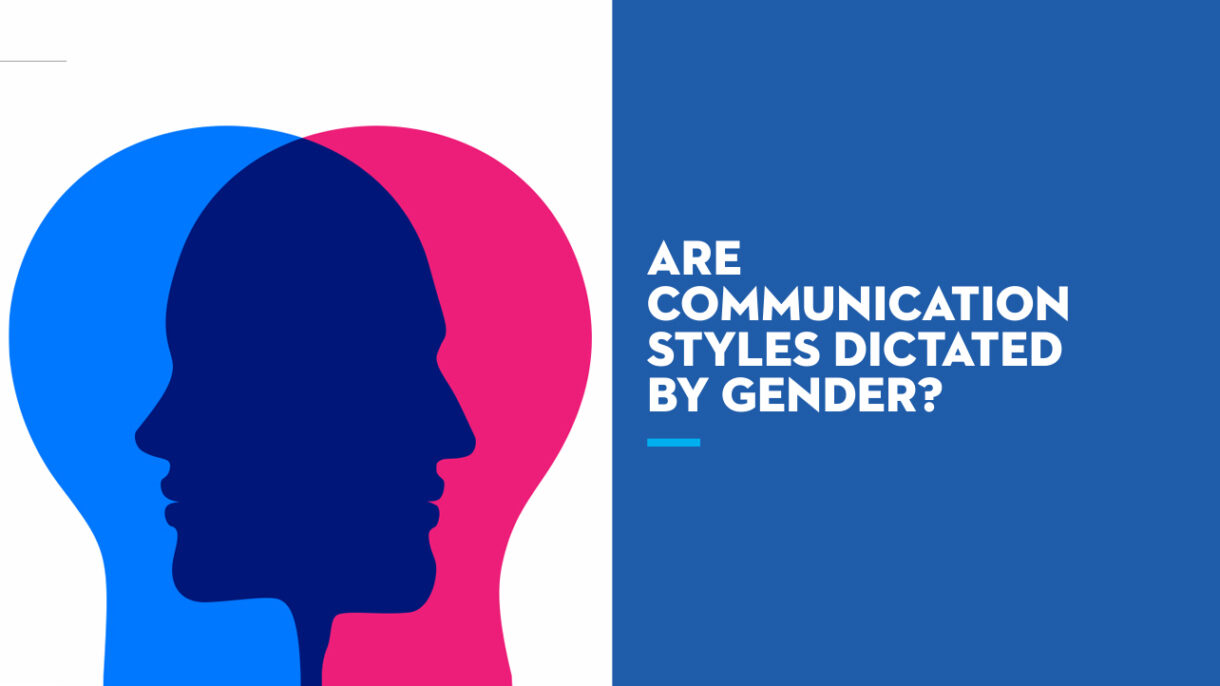The workplace can be a tough place. Your colleagues constantly assess you for your communication style. Are you warm and likeable, or are you robust and credible?
For most people, the two sets of qualities sometimes go differently. Some people are seen as powerful but not very warm, while others are seen as friendly but not very powerful.
In the early days of her new job, Mira struggled to figure out how to communicate with her boss. He was seen as powerful but not very warm. She tried to be like him, but it felt forced and unnatural. She eventually realised that she needed to be herself to build a good rapport with people.
How you communicate with others at work can significantly impact your career. In the workplace, people are constantly assessing your communication style for two qualities: warmth and authority. Warmth is vital for creating relationships and establishing trust. Authority is essential for gaining respect and getting things done.
Some people are more sensitive to the social dynamics of language than others. This means they are more aware of the subtle nuances in what other people say to them. For example, they may be more likely to pick up on when someone is trying to be polite or when they are being critical. Men tend to be very aware of the power dynamics in any given situation, speaking in ways that place themselves in a more powerful position and resisting being put in a weaker position by others.
Why do men seem so sensitive to the power dynamics of interaction? To seem confident and in control, they use language that puts them in a one-up position. Is this a trait hardwired into their DNA, or is it something they learn over time? On the other end of the spectrum, women are the experts regarding the rapport dynamic. They know how to speak in ways that save face for others and buffer statements that could be seen as putting others in a one-down position. Did you know that how you talk at work can determine your success? It’s true! Linguistic patterns are pervasive in the workplace and affect who gets heard and who gets the credit. To be successful, it’s essential to be aware of these patterns and use them to your advantage.
Did you know that pronoun choice can be a powerful tool for influencing the distribution of credit?
I began to understand the difference when I started paying closer attention to how men and women talked about their work. You see, women are socialised to be collaborative and to give credit to others, while men are often taught to be independent and take credit for their accomplishments.
At first, I found it strange to hear men say “I” in situations where I had always heard women say “we.” It was as if the men were claiming ownership of something they didn’t have a right to. I was fascinated by the stark contrast I found when I heard women saying “we” when referring to work they had done alone. One woman explained that it would sound too self-promoting to claim credit in an obvious way by saying, “I did this.” Yet she expected—sometimes vainly—that others would know what she had done.
It was interesting to see the difference in how the men and women spoke, and I couldn’t help but wonder why it was that way. After doing some research, I found that this phenomenon is quite common. Many studies have shown that women are more likely to share credit than men, even when they’re the only ones responsible for the work.
So, what are the possible explanations for this difference? One possibility is that women are socially more collaborative and thus see themselves as part of a team. Whatever the reason, it’s clear that gender roles and expectations influence the way men and women speak.
Do you think women who don’t take credit for their actions should be taught to do so? Many people might leap to that conclusion, but the solution is more complicated than that. Our ways of speaking are associated with moral qualities, so teaching someone how to speak differently can be difficult. Who we are and who we want to be are connected to how we say, so it’s not as simple as telling someone to change their words.
This is especially true for women, who often struggle against gender stereotypes that suggest they are not suited for leadership roles. However, by not putting themselves forward, these individuals are doing themselves a disservice and are missing out on significant opportunities.
More on this in my next piece.

